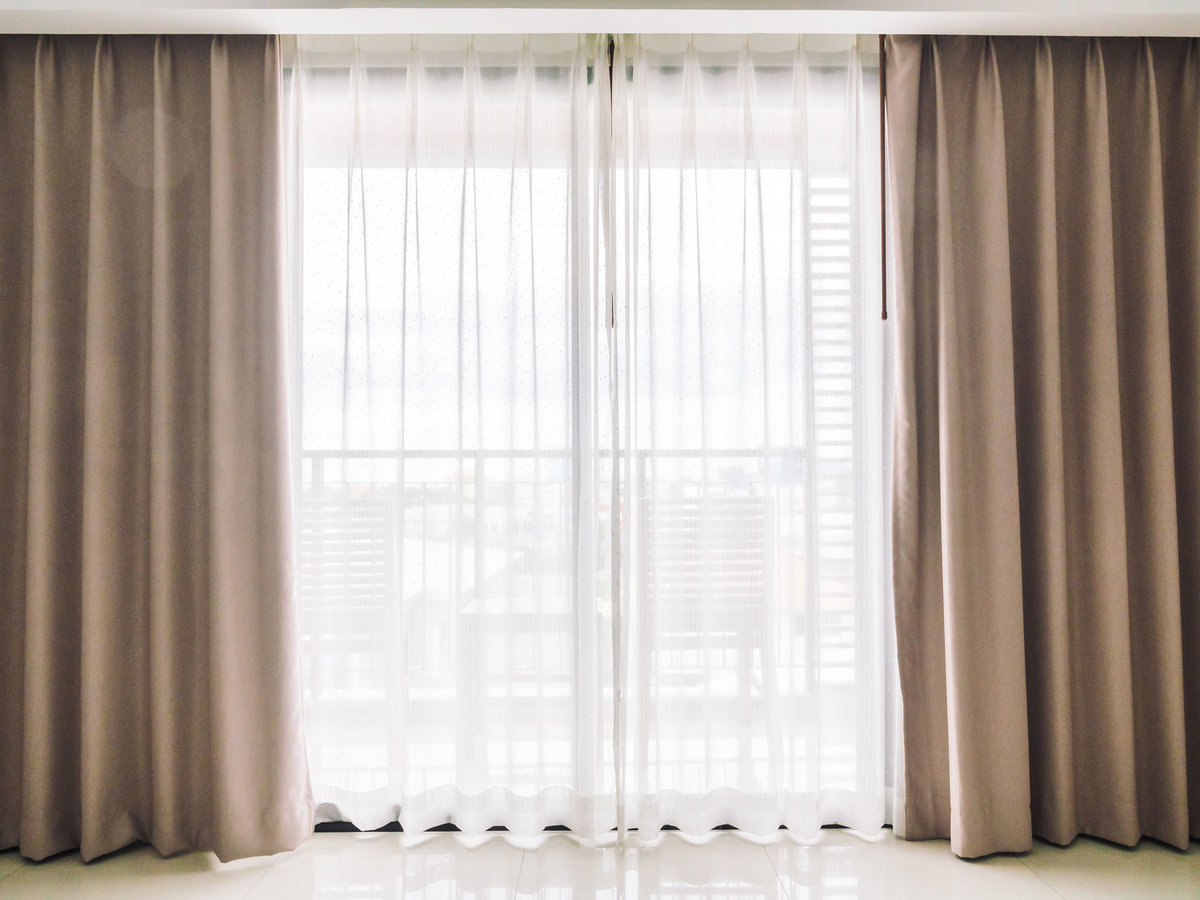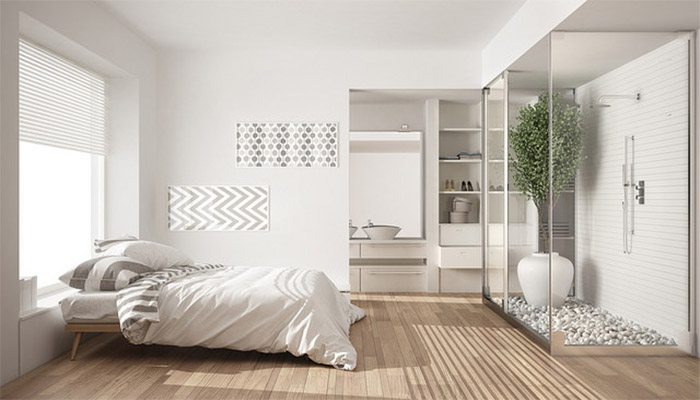People that love to make things from scratch will find how curtains are made fascinating. It is an exciting process that is also part of the history of Western culture. People all over the world have different ways of making curtains. Some use dyes to create their patterns while others glue on the cloth from local stores like
Curtains in Dubai
I’ll talk about this in this article how curtains can make from the East and the West. These two styles go together; each place has its way of doing things. Even though we can see pictures of both designs, we are only familiar with the West.
Initial steps in making curtains
First of all, let’s talk about how a curtain made. It involves taking a piece of cloth, one side of which should be darker than the other. A pigment can add to the fabric, which will determine the thickness of the material. Then two layers of cloth are placed over each other in the shape of a rectangle. The ends of the fabric glued on.
If you’re out, that’s the one best way to make a curtain. It works well, and there is not much-wasted material that you need to worry about when making curtains.
As far as why people want to make a curtain, the first reason for making a curtain is to hide an object from view. It used in many household objects such as magazines, books, decorations, and even in artwork.
Choose the fabric you like for your curtains
Curtains can make from materials that are available in almost any country. For example, the structures you see in the Western countries mostly dyed in a way that is very similar to how they can make in Asia.
Those fabrics are fragile, and thus very cheap. For those impoverished Asian countries who lack materials like ours, you may be able to find little structure at an excellent price. There are many unadvertised fabric factories. These mills have already made and are making fabric in their factories in the Asian countries to import to the Western countries.
Other essential factors to consider
That is also an important fact to consider: making the fabric in the USA allows them to sell the product to other countries without making a trade with any of them.
The only other materials in the mix are various materials such as wood and wire that are very difficult to work. However, the materials are readily available, and the quality of the installation can expect to be better. It is not an excuse, though, because if you’re going to use them in your war game, you should get some financing to get the materials and run up the initial costs. A more obvious way is from the military-industrial complex to get the necessary funding.
It is also common to view materials that have painted in a western style. Add the number of types of curtains. Each country has its method of using different materials and colours to create curtains. Here is a list of accessible curtain materials used in various countries around the world.
Different styles of fabrics nowadays
A structure like silk, which is made by weaving, is called Oriental. Silk is a popular material for curtains because it is easy to work with and has an exquisite appearance. Silk is also available in a wide variety of colours.
Fabrics like satin, velvet, and cotton used in most places. These are fabrics that are much more comfortable than silk but not as durable. That is why they most often used for curtains in hotels and restaurants.
Curtains made from denim are trendy because they are affordable and very light. They are also very comfortable and can launder without too much difficulty. Cotton is also another option for fabric for curtains.
How it’s helpful in-home routine?
Fabrics that very durable use for curtains in homes. As mentioned above, they can be made into blankets and covers to protect the furniture and things around the house.
Materials used for curtains are only a few of the options available. Most people do not think about the materials used to make curtains, but there are many options available to them that they may not be aware of it. Once the fabric is selected, a manufacturer will turn it into a curtain that is ready to be hung up.
 Lifeyet News Lifeyet News
Lifeyet News Lifeyet News





